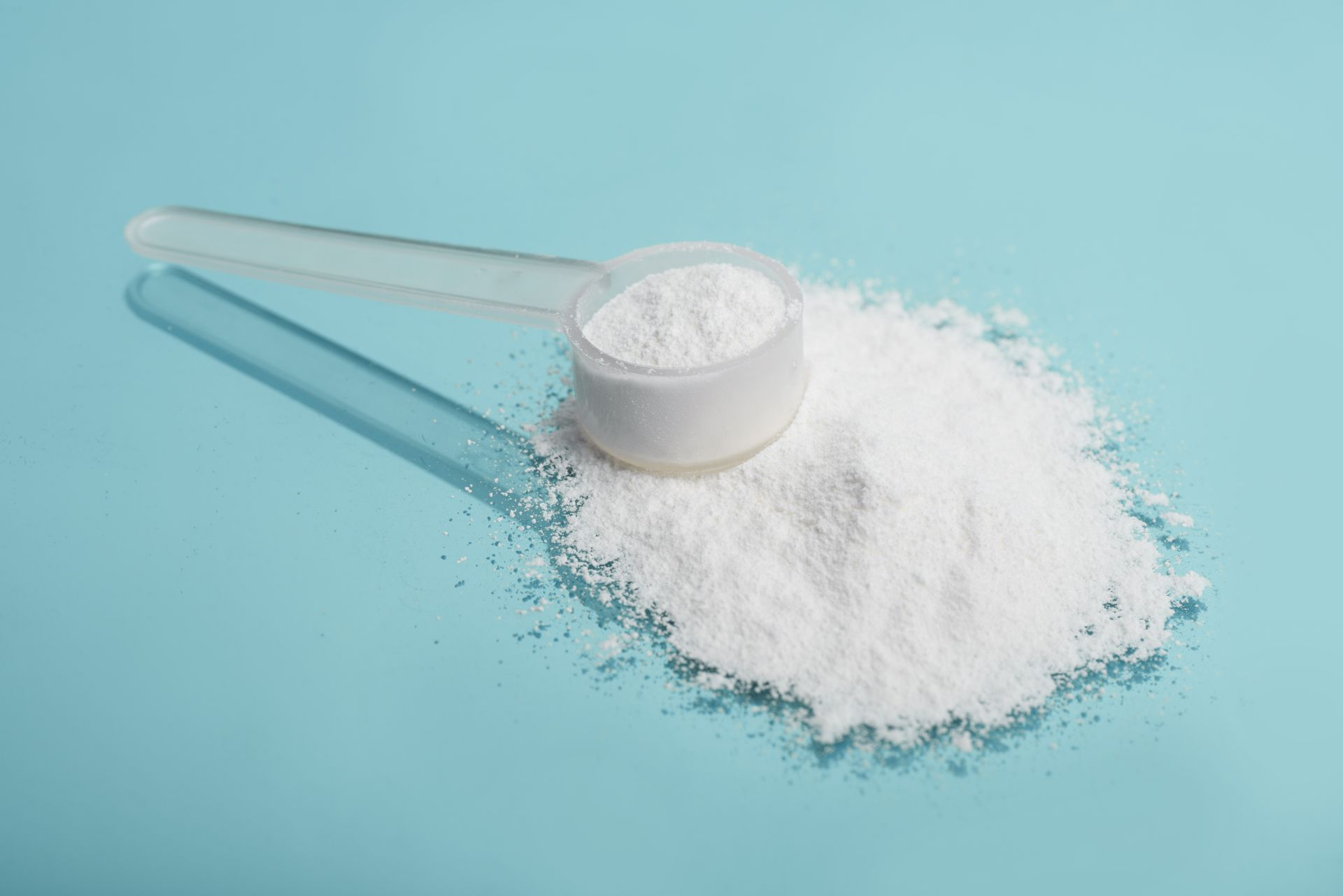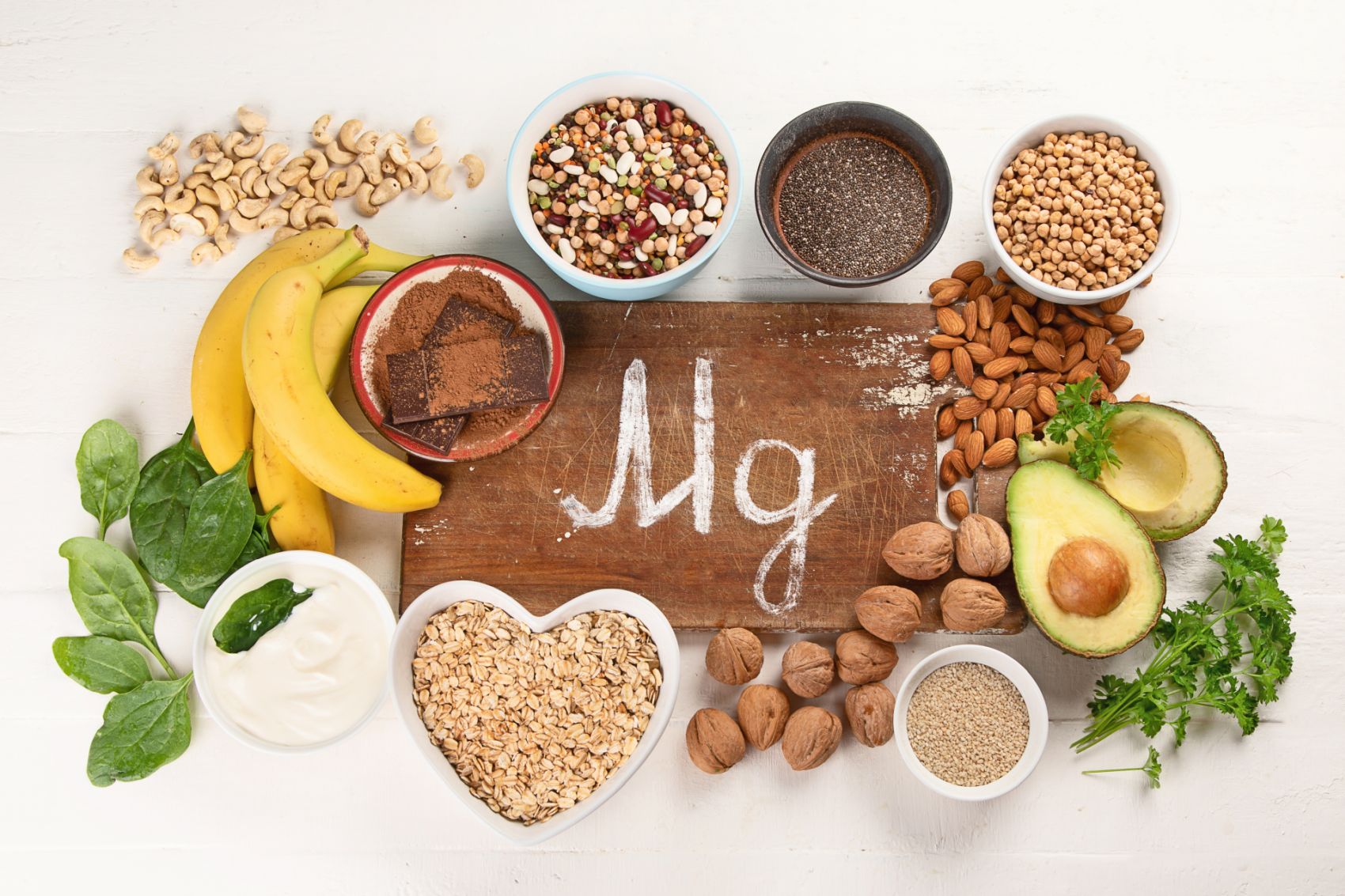Benefits of using NAC - what are the effects?

NAC is a recognized mucolytic and antidote for paracetamol poisoning. Over the years, the list of health problems that NAC can potentially alleviate has steadily grown longer. So has its popularity as a dietary supplement.
Without a doubt, NAC is a multifunctional substance. It has many fans who enthusiastically use it as a preventive health measure. So let's see what benefits the use of NAC supplement can bring. Maybe it can be of use to you as well?
- Health benefits of using NAC
- How to use NAC to support health?
- Why might using NAC be more beneficial than glutathione supplements?
Health benefits of using NAC
NAC (N-acetylcysteine)supplements are used both for specific benefits (the list of which is extremely long), as part of general preventive health care, and even with the hope of slowing down aging. Below we have prepared an overview of the most important properties and benefits of NAC supplementation.
NAC as an antioxidant and anti-inflammatory substance
Reduction of oxidative stress thanks to NAC occurs in two ways. NAC acts:
- indirectly as a precursor to glutathione (GSH), which is an antioxidant of great importance;
- directly by capturing reactive oxygen species, thanks to the sulfhydryl group contained in its structure.
NAC's strong antioxidant properties have been confirmed in numerous in vitro and in vivo studies.
As an anti-inflammatory compound, NAC can reduce the levels of tumor necrosis factor alpha (TNF-α) and interleukins (IL-6 and IL-1β) by suppressing the activity of nuclear factor kappa B (NF-κB).
Such a package, the reduction of inflammation and oxidative stress, is very versatile. It can be used to reduce the risk of a large number of health problems that develop more efficiently in oxidative stress and chronic inflammation.
NAC as a mucolytic
N-Acetylcysteine hydrolyzes the disulfide bonds responsible for linking mucin molecules. In this way, it reduces the viscosity of mucus. Such properties of NAC have been used for decades to control the symptoms of cystic fibrosis. Nowadays, NAC is also very often used during colds and flu to reduce symptoms that depend on excessive mucus production and recover more efficiently from the infection.
NAC as an antidote to paracetamol
Outpatient application of NAC within 8 hours of ingestion of a toxic dose of acetaminophen (paracetamol) yields nearly 100% efficacy. In cases of poisoning, NAC administered intravenously is under the supervision of medical personnel. Large doses and short intervals between doses are used. In such cases , NAC is supposed to protect against acute liver failure.
It is the use of NAC as an antidote to paracetamol poisoning that has given NAC such a firmly established position in medicine. As a result, the WHO (World Health Organization) has placed NAC on its list of essential medicines.
NAC as liver support
In addition to supporting the liver in neutralizing toxic amounts of paracetamol, NAC is also used in medicine to prevent acute liver failure in poisoning of other kinds - toxic chemicals, herbs, fungi, viruses, etc. It also has a supportive effect in the fight against non-alcoholic fatty liver disease. Supporting the health of this organ is mainly due to its properties of renewing glutathione stores, anti-inflammatory and vasodilator for better oxygen delivery.

NAC for slowing aging
Like many other antioxidants, anti-aging properties have been claimed for NAC. The fact is that many of the conditions that occur in old age, which significantly impair quality of life, have an oxidative basis. Another fact is that the body's natural glutathione concentration decreases with age. NAC supplementation would partially compensate for these deficiencies.
Much enthusiasm has been generated by preclinical studies in invertebrates and some mammals showing the possibility of life extension. It's not entirely clear whether these results can be translated exactly to humans (it's a difficult parameter to test), but even if NAC can't add years to life, it can at least add vitality.
How to use NAC to support health?
For oral use of NAC, the doses most commonly used in studies are in the range of 600-2400 mg.
NAC is metabolized fairly quickly in the body, so for treatments involving doses of more than 1 g per day, a split into 2-4 equal servings per day is used. The half-life of NAC in adults is about 6 hours.
When NAC is one of the ingredients in more advanced formulas, such as complex dietary supplements for liver support, lower doses, on the order of 150 mg of NAC per serving, are often used.
Why might using NAC be more beneficial than glutathione supplements?
Glutathione is synthesized from cysteine, glutamate and glycine. Of these 3 precursors, cysteine has the lowest intracellular concentration. It may therefore represent a bottleneck, limiting the rate of GSH synthesis in the presence of oxidative stress. Supplying cysteine alone seems the simplest way to increase glutathione availability.
NAC has better bioavailability when administered orally than L-cysteine and glutathione, yet it is a much cheaper choice compared to expensive glutathione. In the case of glutathione, some supplements use advanced technologies to increase bioavailability, such as liposomal glutathione, but then the price gap widens.
Also considered an advantage is the fact that the precursor, or bricks to build glutathione in the body are delivered when it is needed. Such a solution is more flexible and has the potential to provide greater benefits than supplying the finished, target substance.
Sources:
 ⮜ Previous article
⮜ Previous article
Side effects of tyrosine use - what should you know?
 Next article ⮞
Next article ⮞